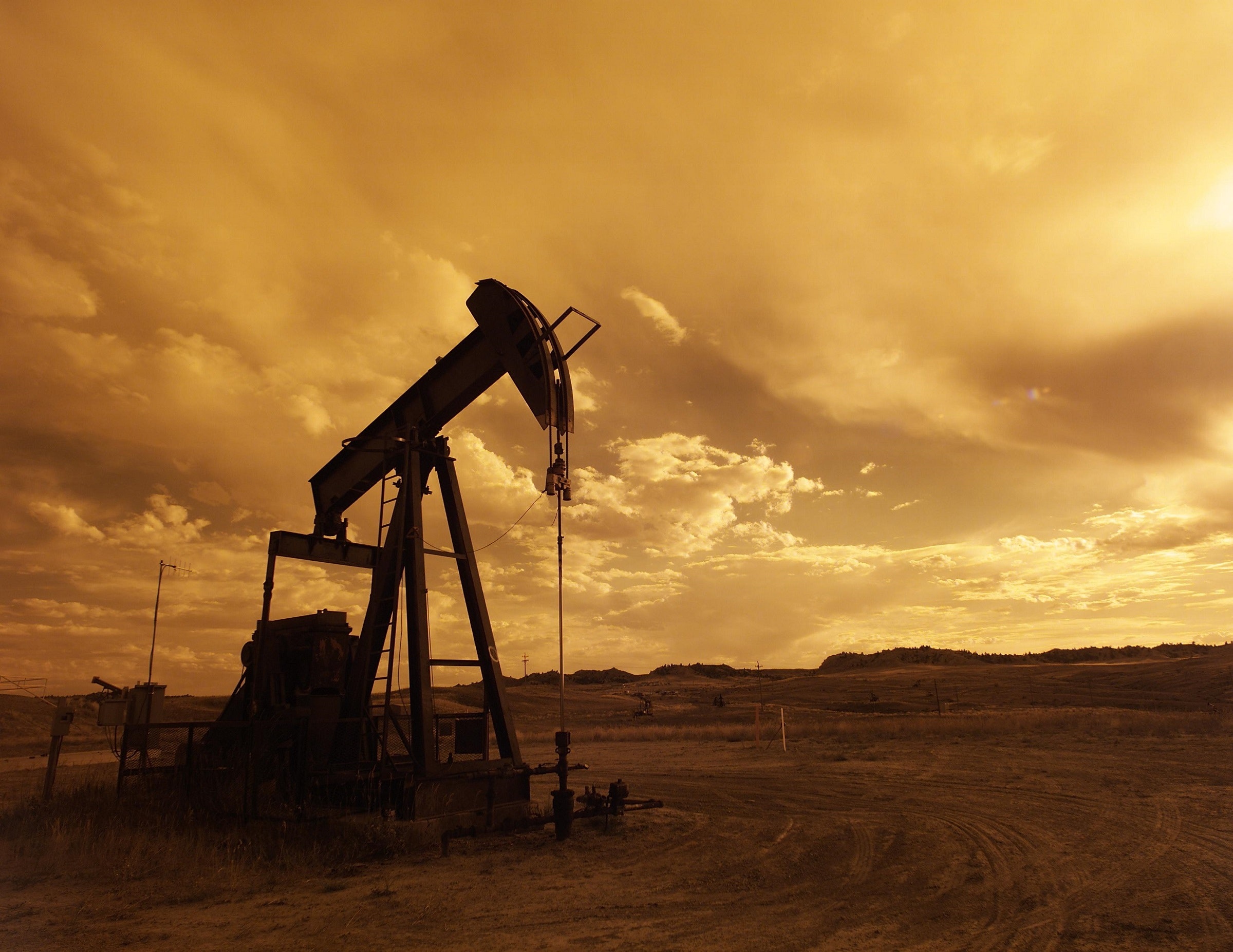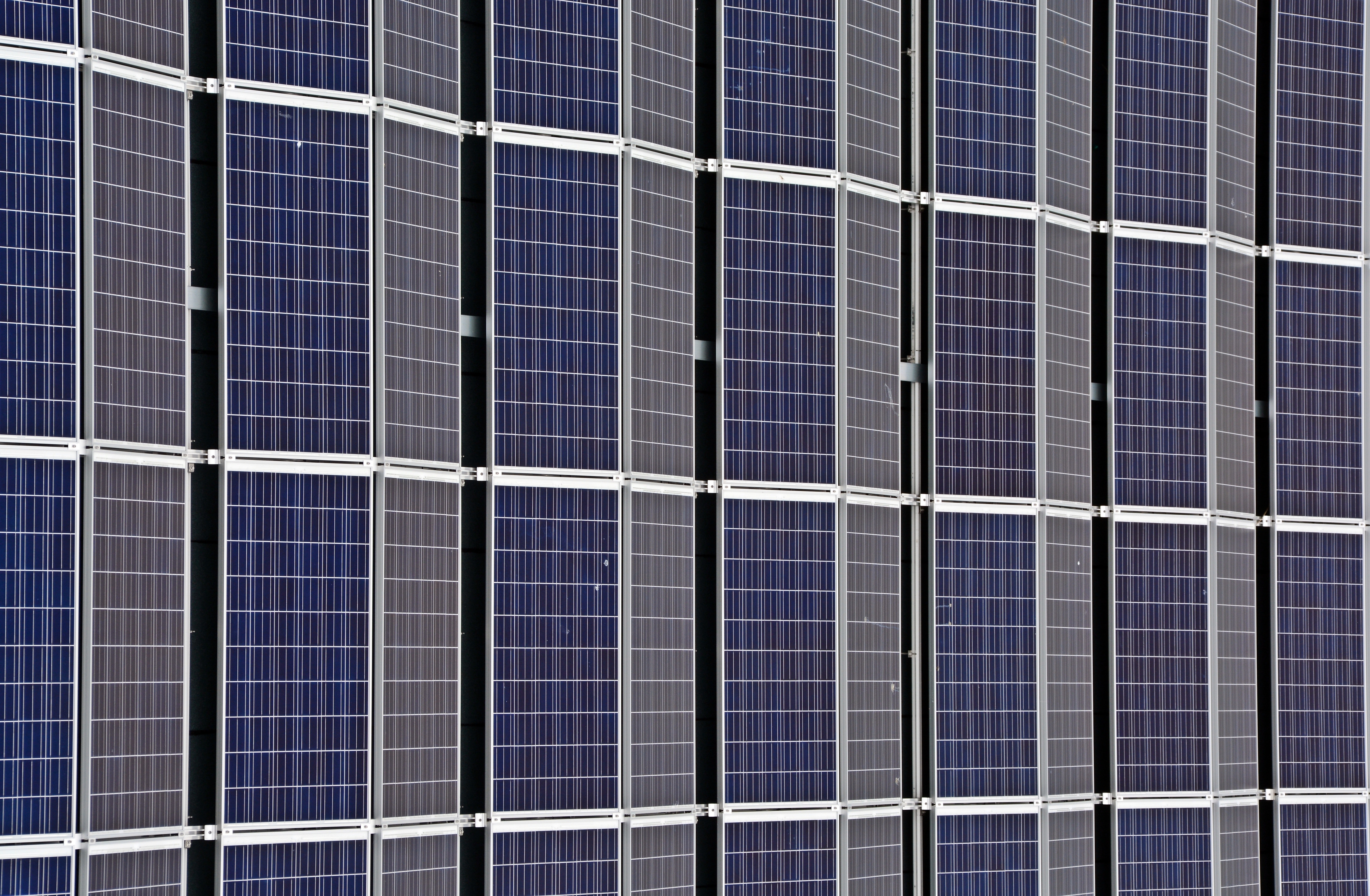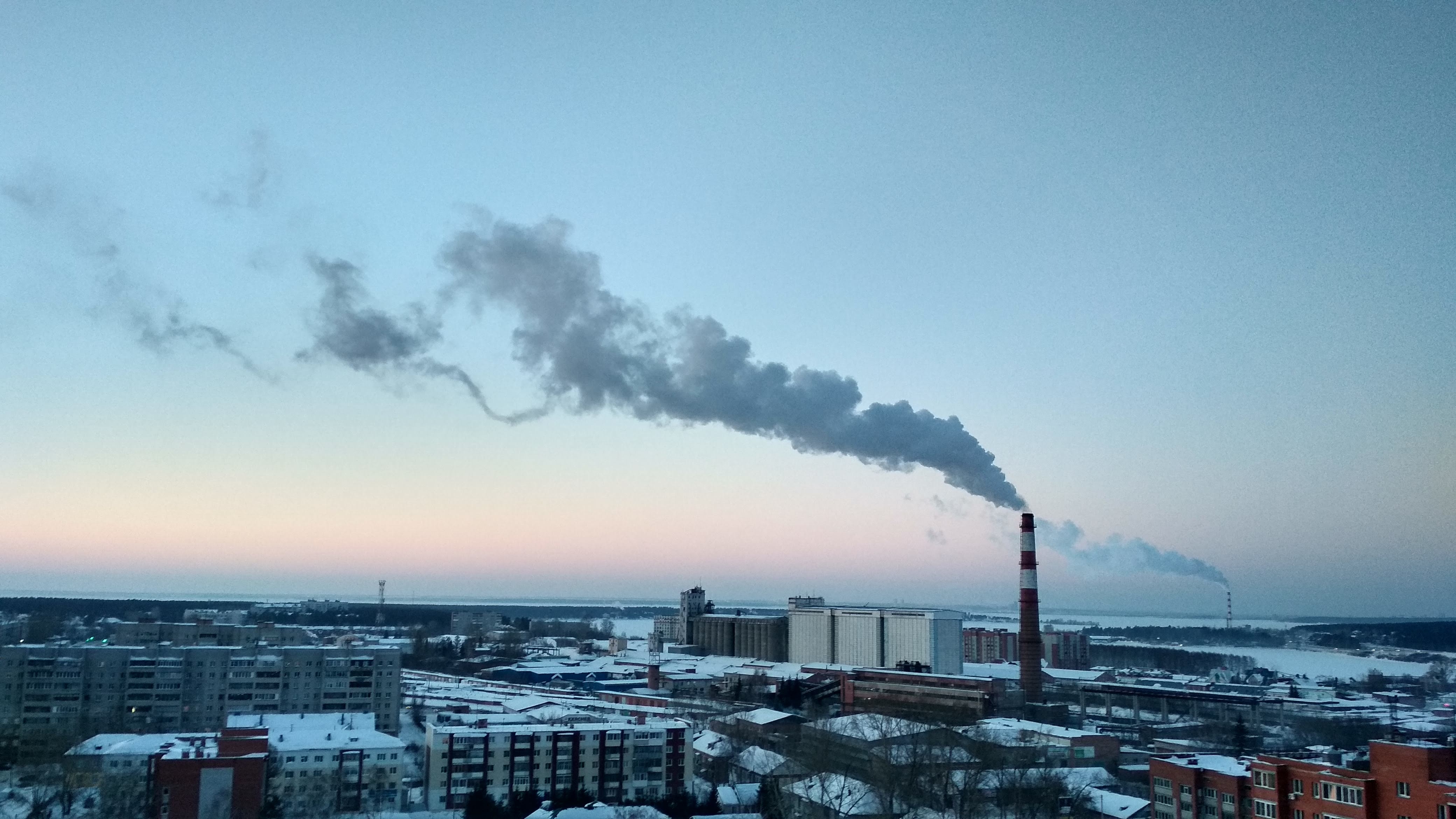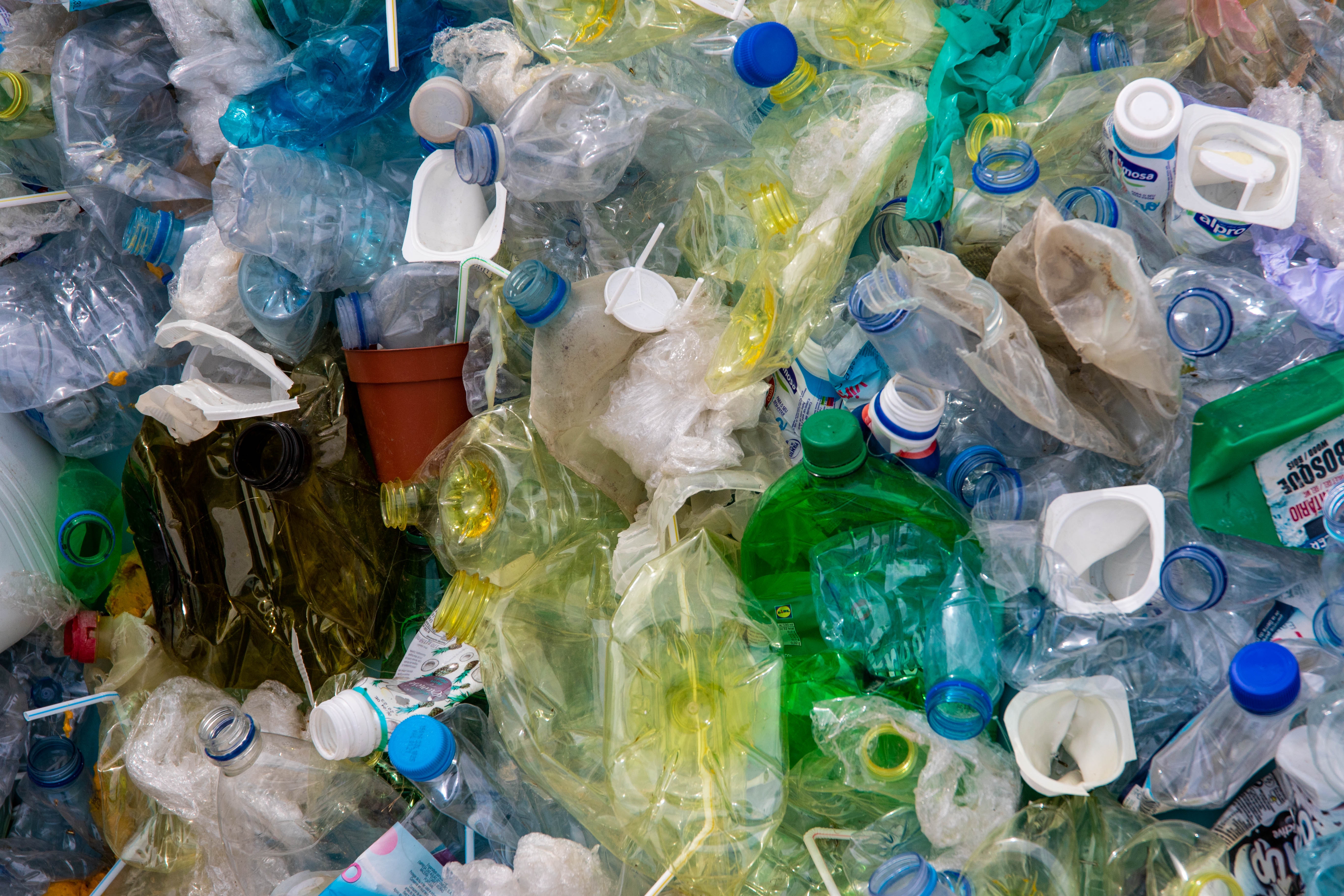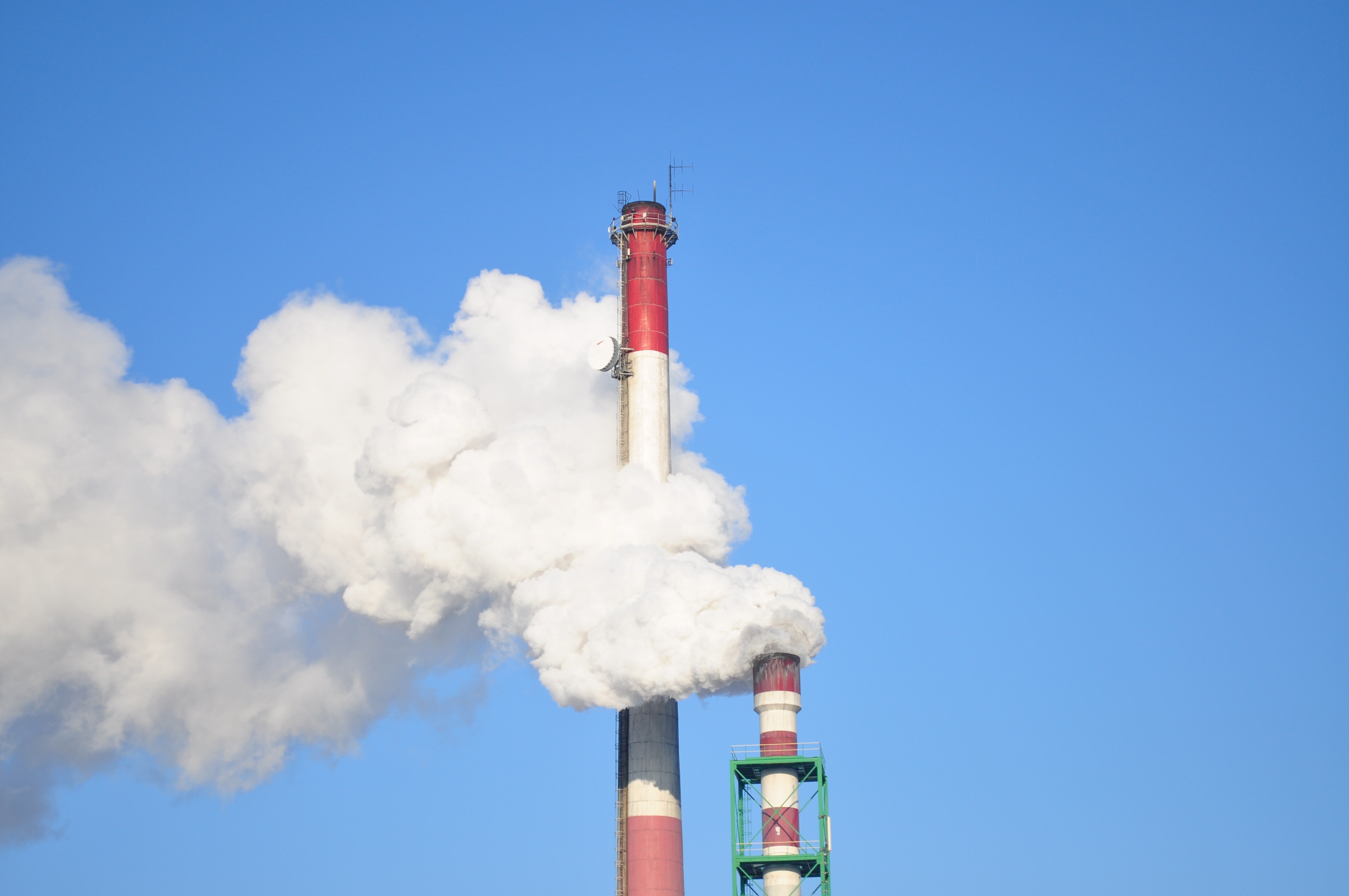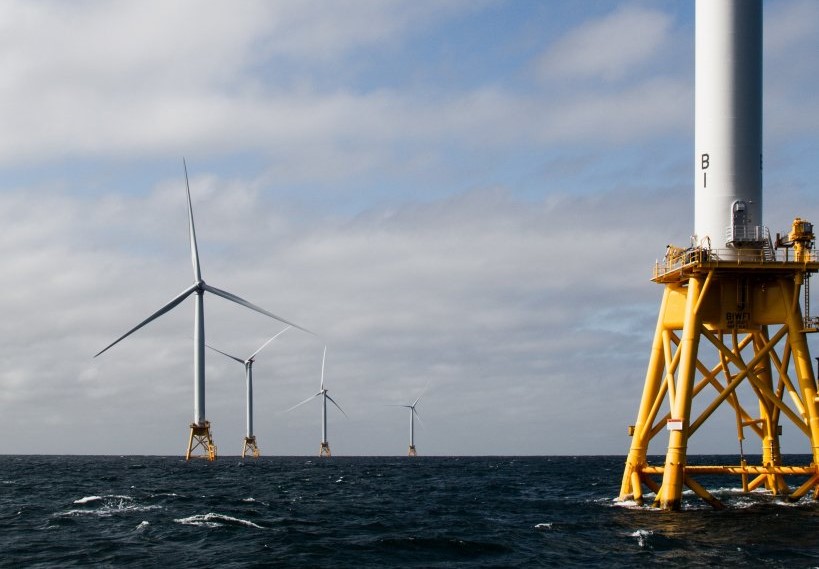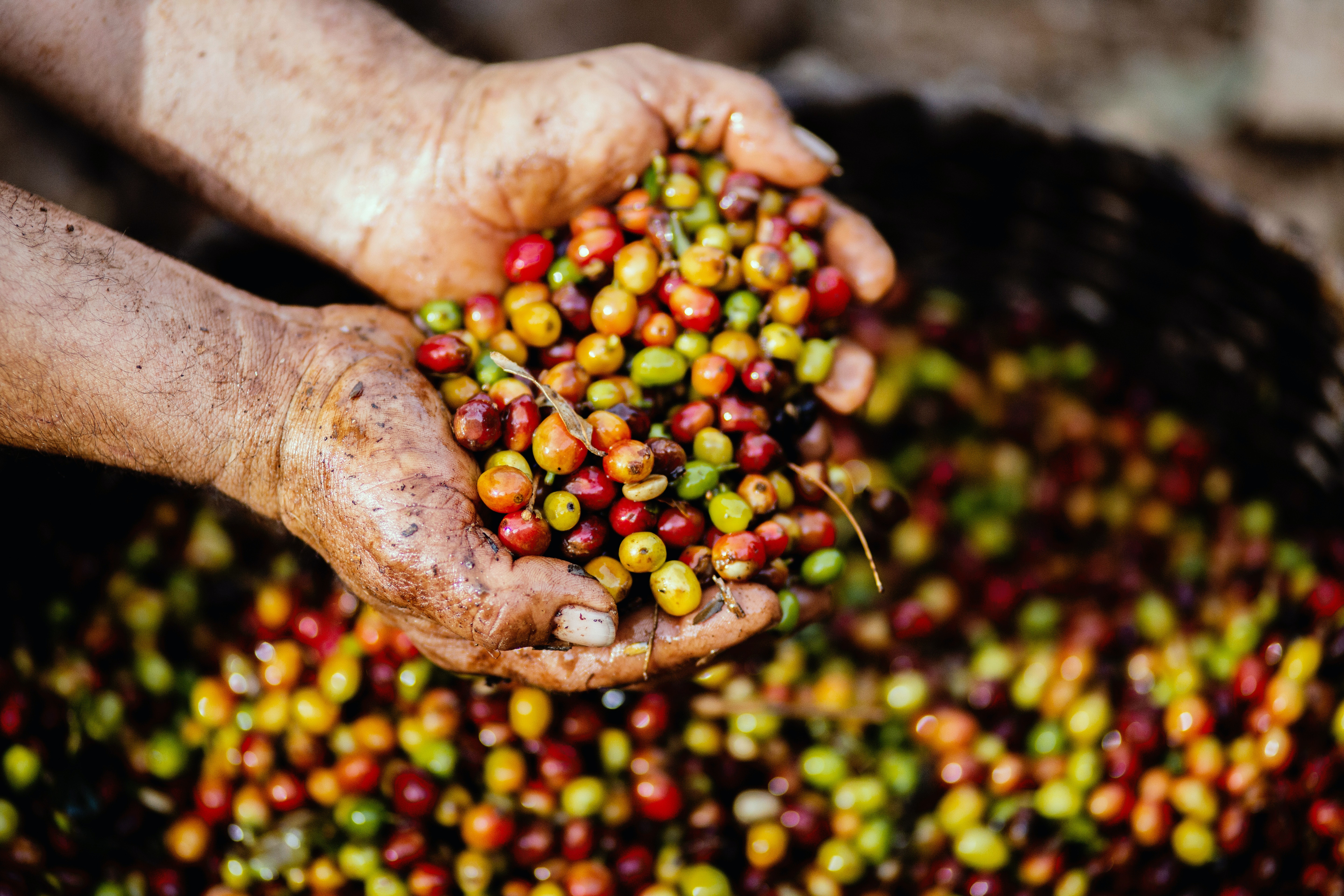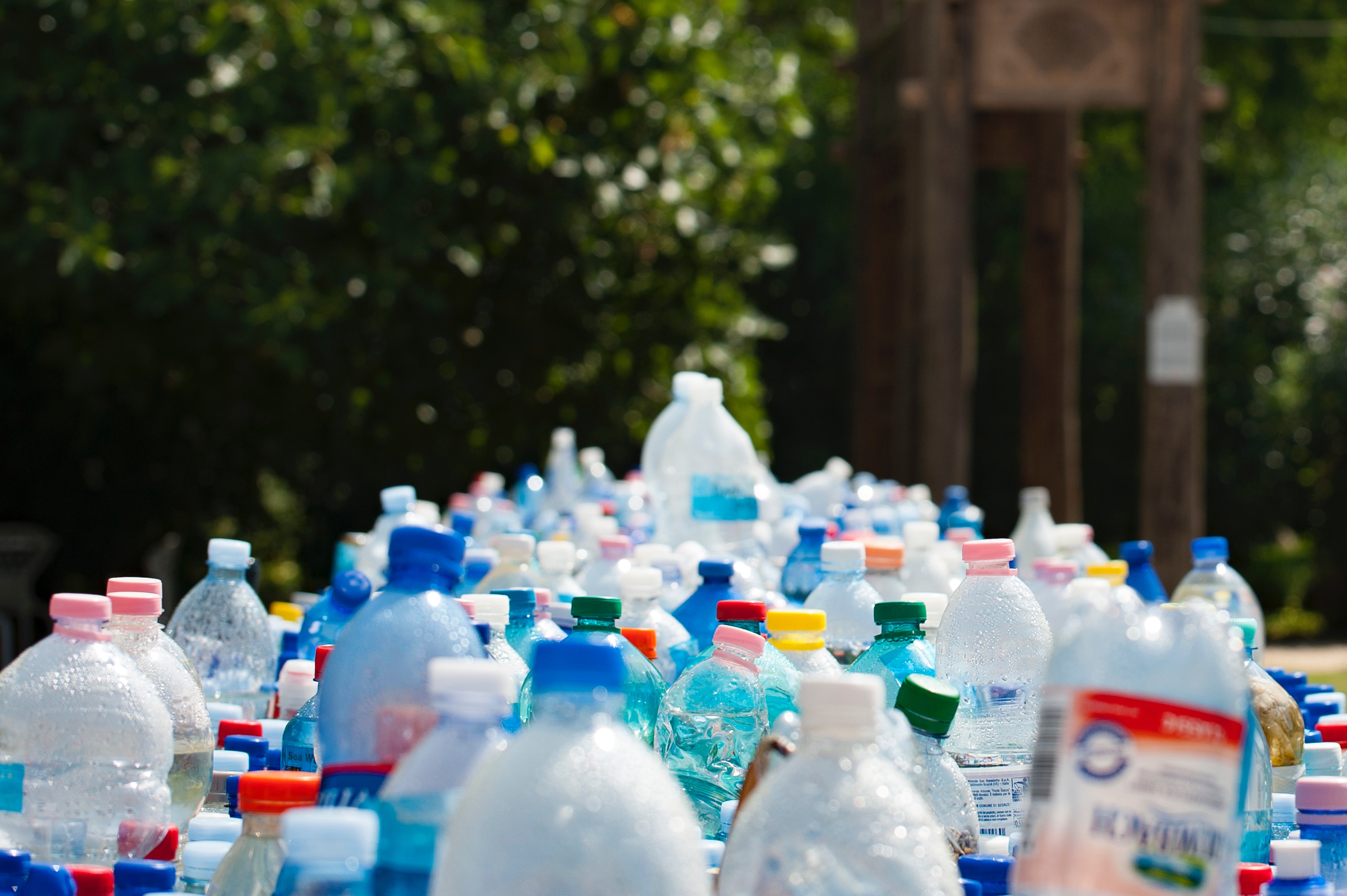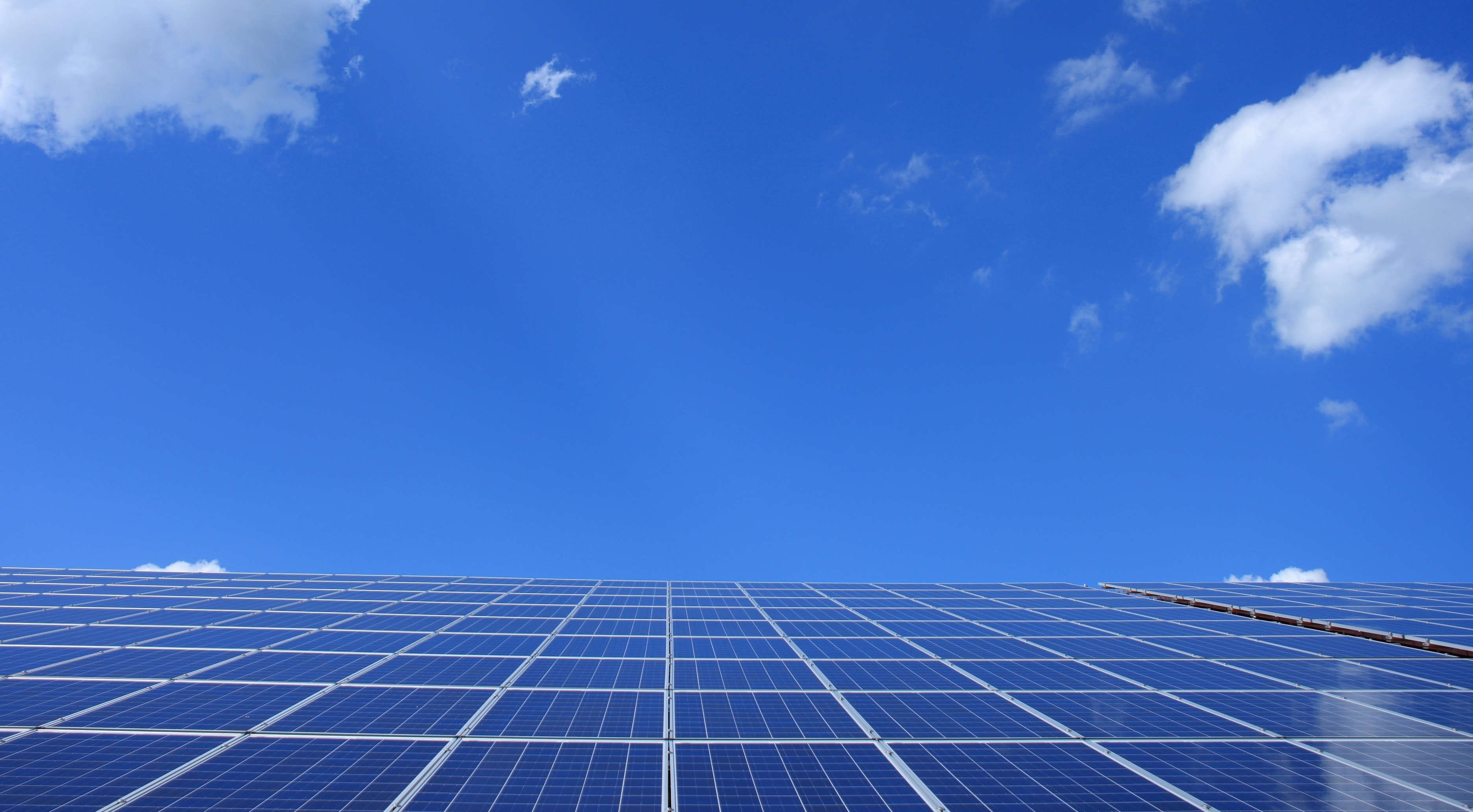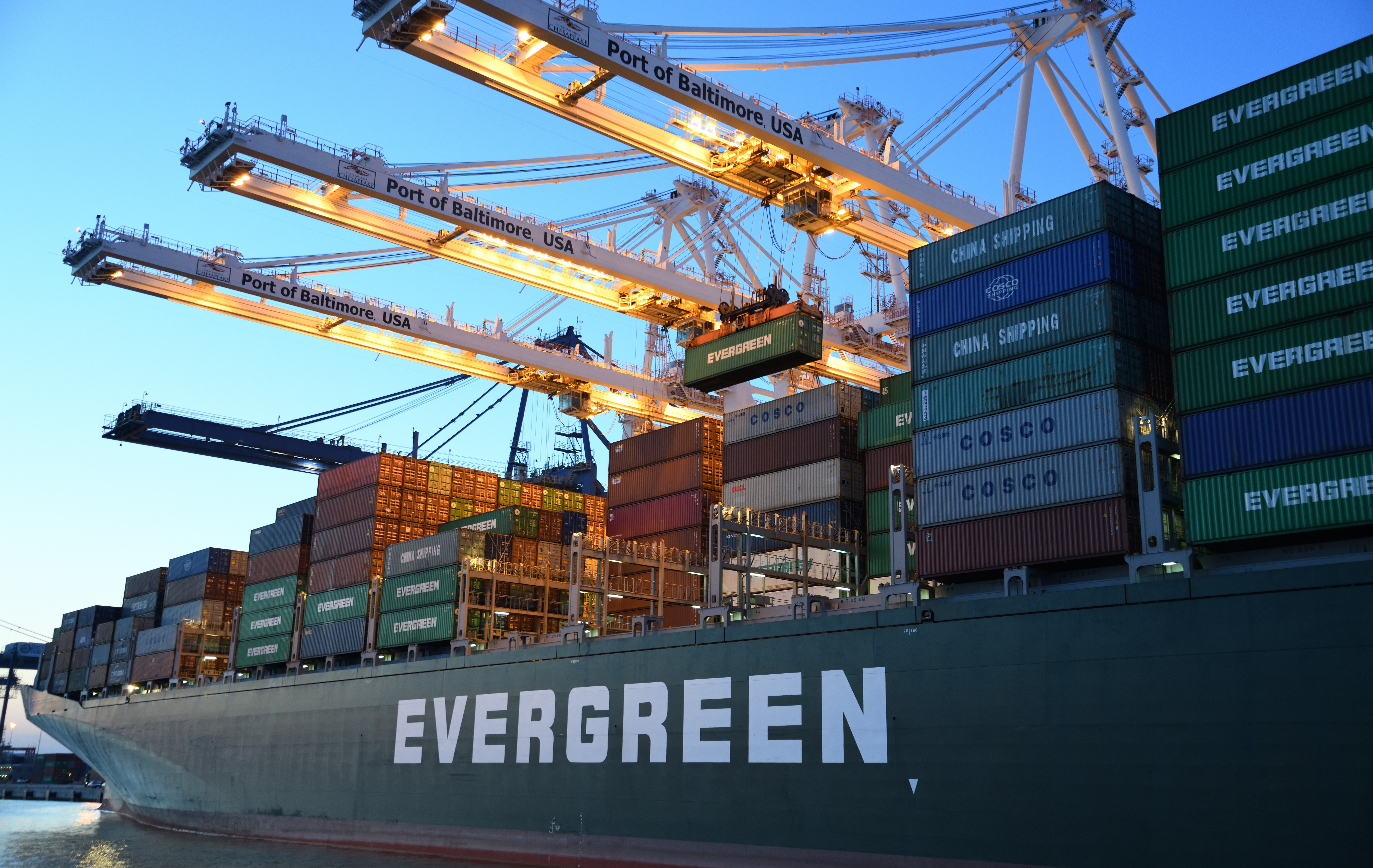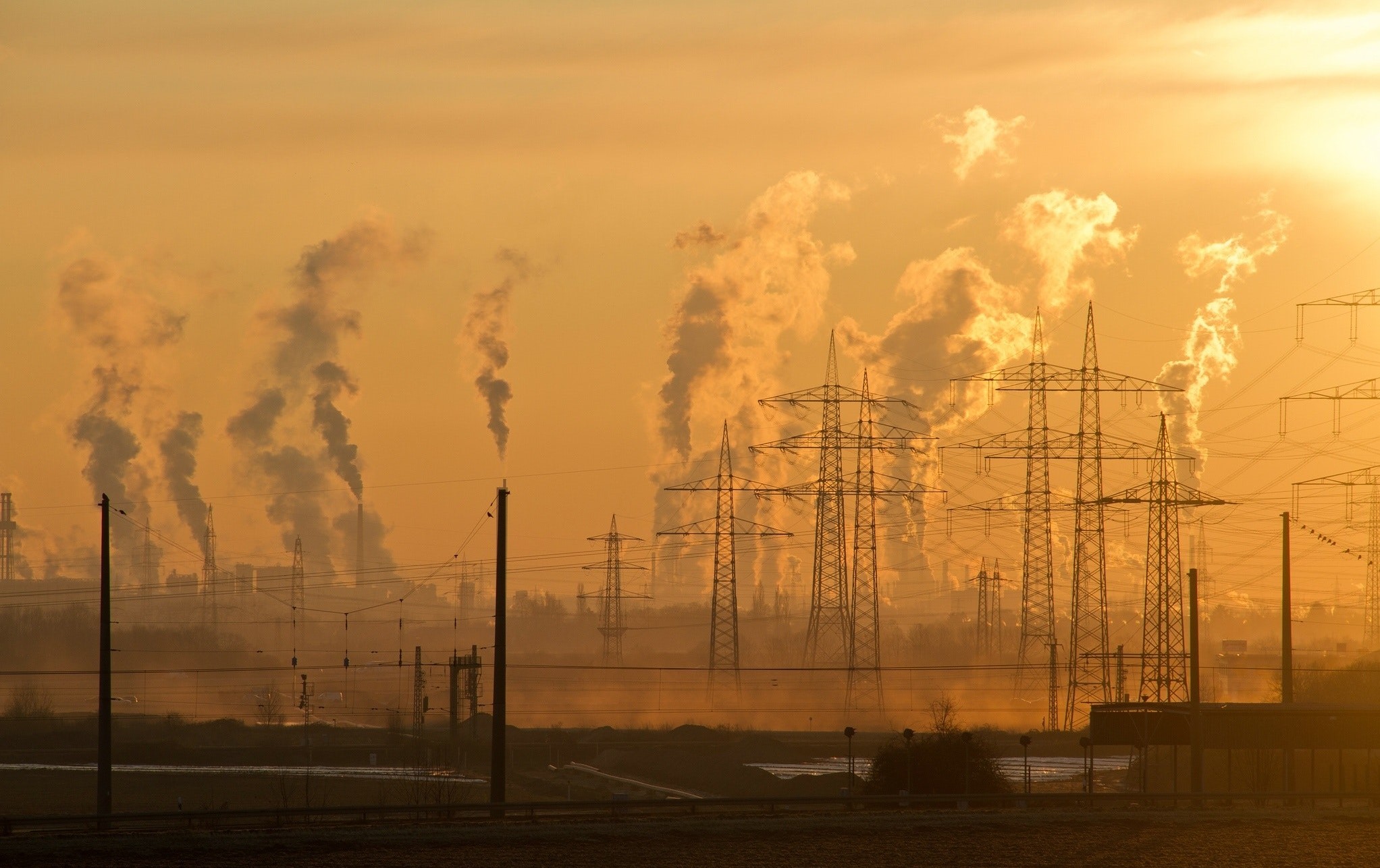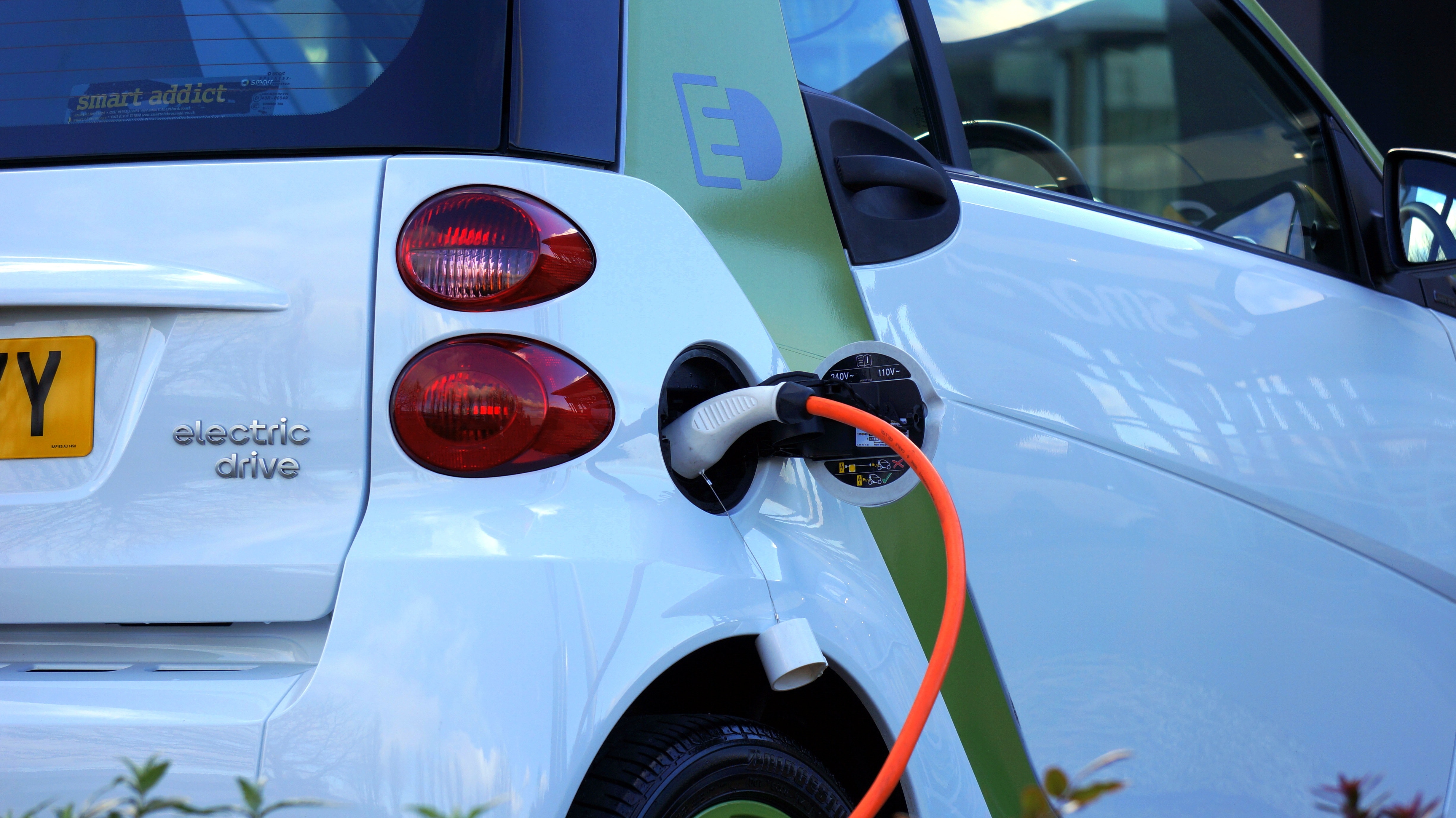Author: Camellia Moors ’22
Welcome to another edition of our Good News Fridays series! Today we are looking at environmental aspects of the upcoming federal budget reconciliation bill, a new way to store electricity generated by solar power, and a study on mitigating the impact of oil palm forests.
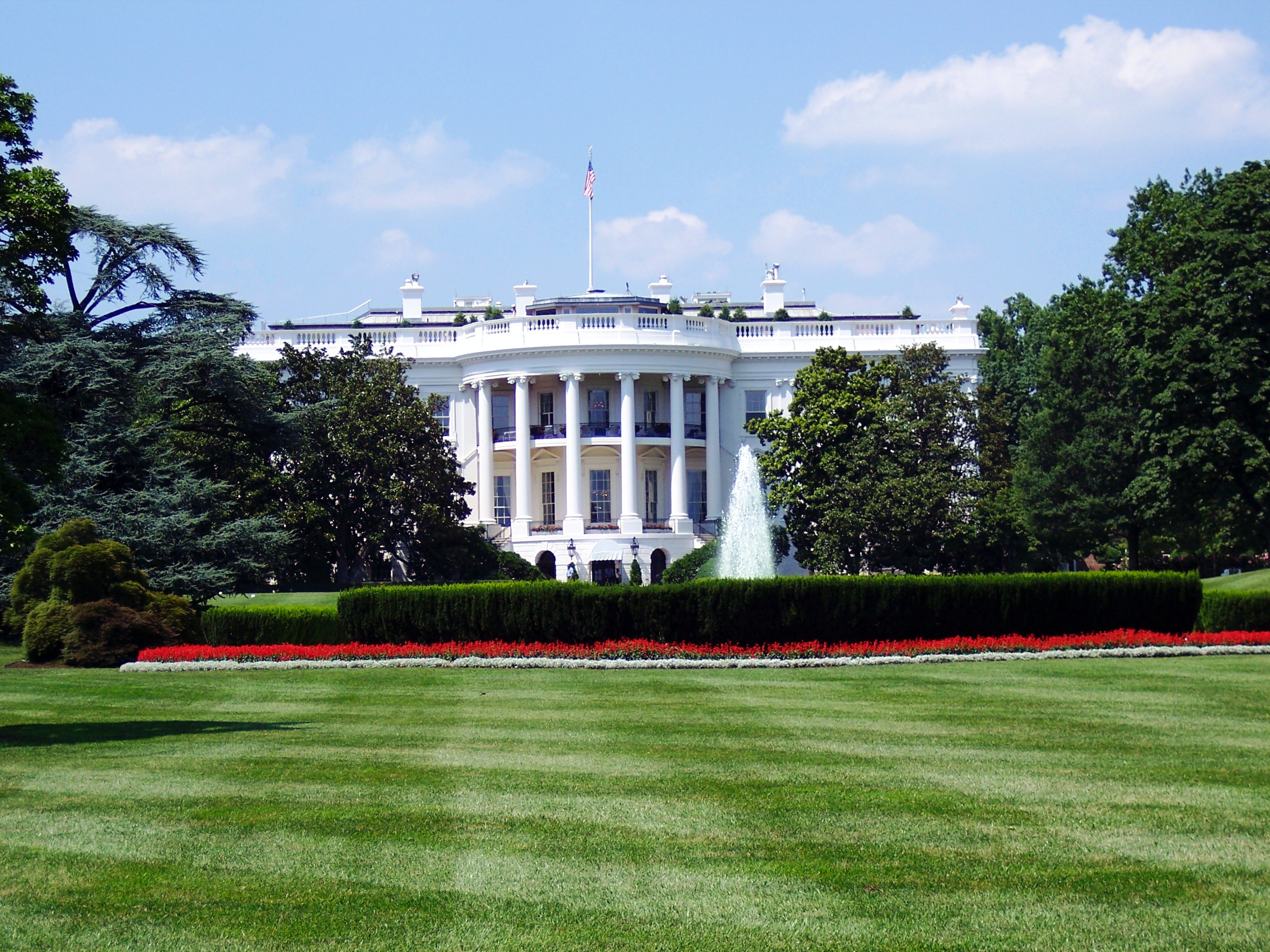
- House committee approves environmental provisions: The federal House Committee on Energy and Commerce on Monday voted to advance several aspects of the upcoming reconciliation bill, including provisions related to air pollution, hazardous materials, and water. These provisions contain a fee on methane emissions and funding for lead pipe replacement, a green bank, Superfund cleanup and environmental justice grants.
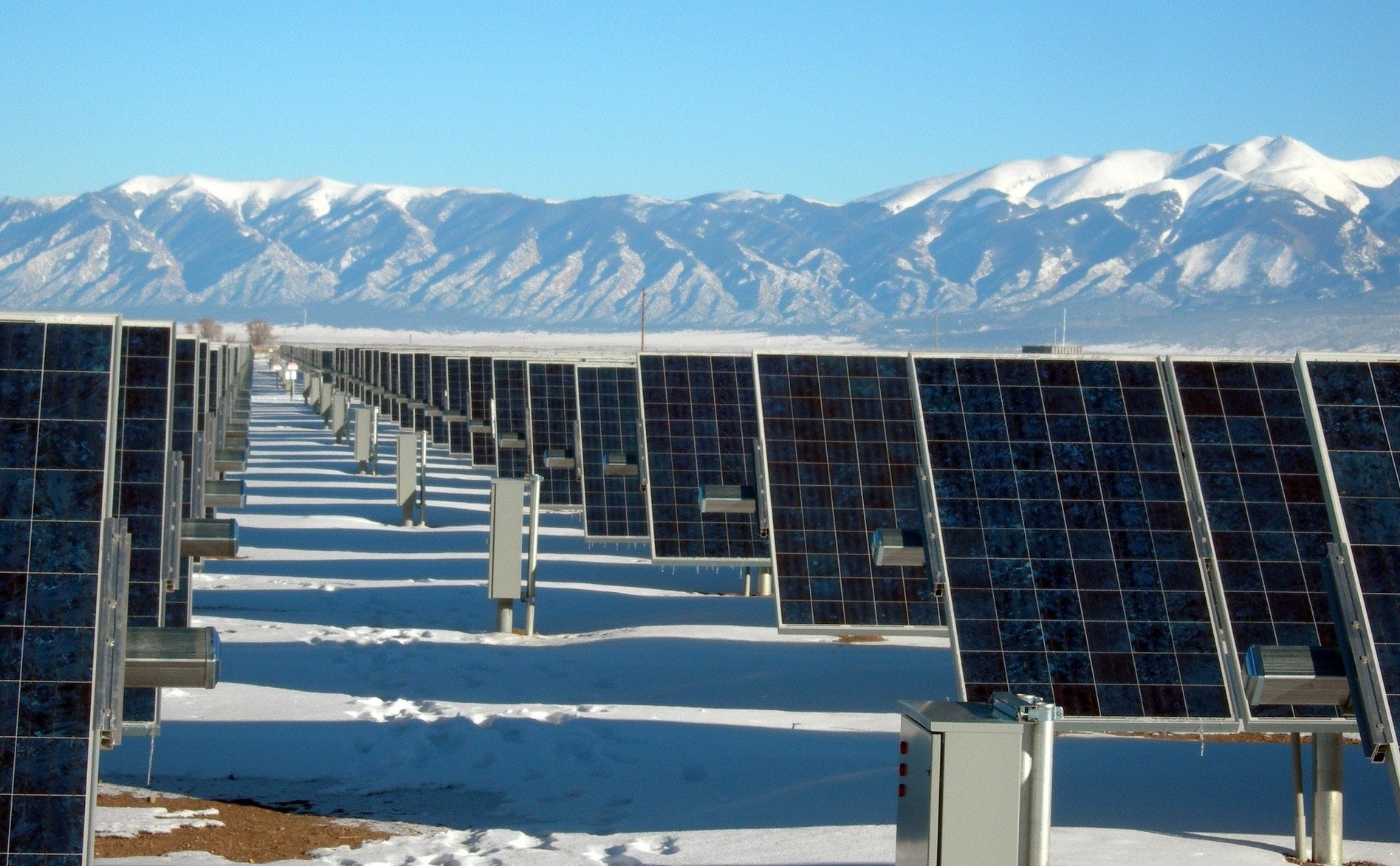
2. Companies to test electric vehicle batteries for solar storage: OCI Solar Power, CPS Energy, and Hyundai Motor Group signed an agreement to test recycled electric vehicle (EV) batteries for solar energy storage. The goal is to have a trial energy storage system installed by September 2022. EV sales and solar power installations have steadily grown over the last decade, priming this initiative to help combat the future problem of what to do with increasing numbers of EV batteries as they reach the end of their lifecycle.

3. Making oil palm plantations more sustainable: A new study targeting the environmental impact of palm oil plantations found that intercropping—growing two or more crops in close proximity—can reduce the environmental degradation caused by oil palm farming without impacting palm oil yield. This study is impactful because it confronts the common belief among some palm oil farmers that monocultures are essential to maximize crop output, paving the way for a new, more sustainable way of doing business.
That’s all for this week! We hope to see you again next Friday, and feel free to contact us if you have any positive environmental news to share in the meantime!


